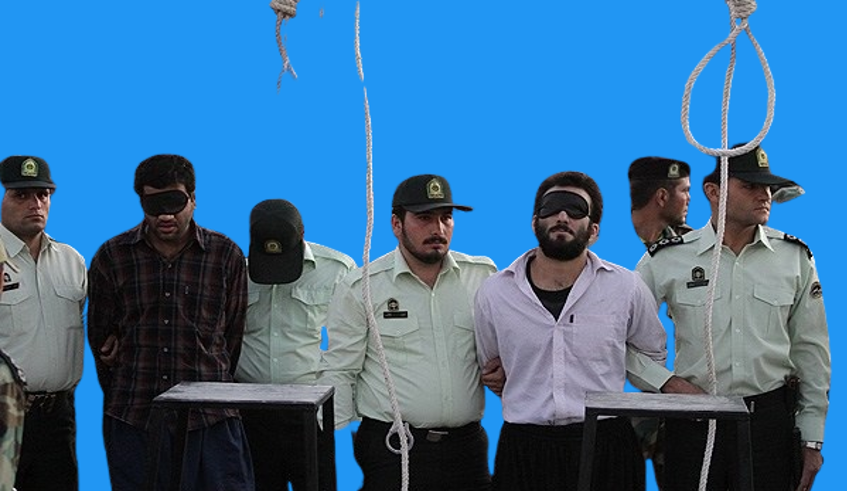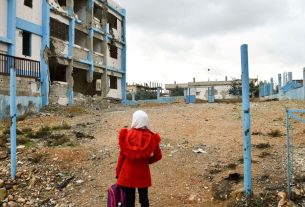The United Nations has strongly condemned the Taliban’s recent use of public executions and corporal punishment in Afghanistan, calling for an immediate moratorium on such practices, which they say violate fundamental human rights and international law.
The statement follows the public execution of four individuals on April 11, 2024, across Badghis, Nimroz, and Farah provinces, as ordered by the Taliban’s de facto Supreme Court.
“Turning executions into public events can never be justified—not even on religious grounds,” UN human rights experts stated in a joint declaration published Thursday. “It normalizes brutality, desensitizes communities to violence, and creates a climate of fear and intimidation.”
These developments signal what the UN calls a “worrying increase” in the Taliban’s use of capital and corporal punishment since their return to power in August 2021.
Violations of International Law
UN experts emphasized that public executions and corporal punishment—including stoning, flogging, and amputation—are clear violations of international human rights treaties to which Afghanistan is a party.
- The International Covenant on Civil and Political Rights protects the right to life and prohibits cruel, inhuman, or degrading punishment.
- The Convention against Torture explicitly forbids all forms of corporal punishment, regardless of context.
- The Committee on the Rights of the Child rejected the use of religious justifications for such punishments as early as 2006.
According to the United Nations Assistance Mission in Afghanistan (UNAMA), punishments in 2024 have included up to 100 lashes per person, often delivered in public arenas. In June 2024, more than 60 individuals were publicly flogged in Sari Pul province following Taliban court convictions on charges including theft, sodomy, and “immoral relations.”
A Regime of Repression
The UN has repeatedly raised alarms over the deteriorating human rights landscape under Taliban rule—particularly regarding the institutional repression of women and girls, lack of access to justice, and the erosion of civil liberties.
“These acts constitute a fundamental violation of human dignity and the right to life,” the experts noted, urging the Taliban to “immediately halt executions and corporal punishment, and impose a moratorium on the death penalty with a view to its total abolition.”
Despite these calls, the Taliban continue to defend such practices under their interpretation of Sharia law, a justification that has been rejected by international human rights bodies in relation to cruel and degrading punishment.
Looking Ahead
The UN’s calls for reform come amid growing global scrutiny of the Taliban’s governance, which many experts and observers characterize as authoritarian and deeply repressive. The likelihood of meaningful reform, however, remains slim in the absence of significant internal or external pressure.
For now, the international community continues to monitor and document these abuses, as Afghan citizens—particularly women and minority groups—bear the brunt of a justice system that operates with no independent oversight, limited procedural protections, and a deep disregard for international norms.
Sources:
- UN Human Rights Office (www.ohchr.org)
- United Nations Assistance Mission in Afghanistan (UNAMA)
- Jurist.com (Ellie Cho, University of Ottawa Faculty of Law)
- International Covenant on Civil and Political Rights (ICCPR)
- Convention against Torture and Other Cruel, Inhuman or Degrading Treatment or Punishment
Picture for Illustration: Iran-public-execution-picture-by-Hamidreza-Nikoomaram-on-Wikimedia-CC-BY-4.0



